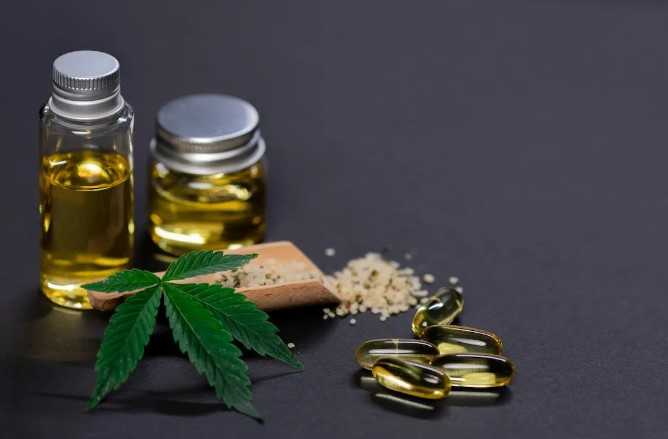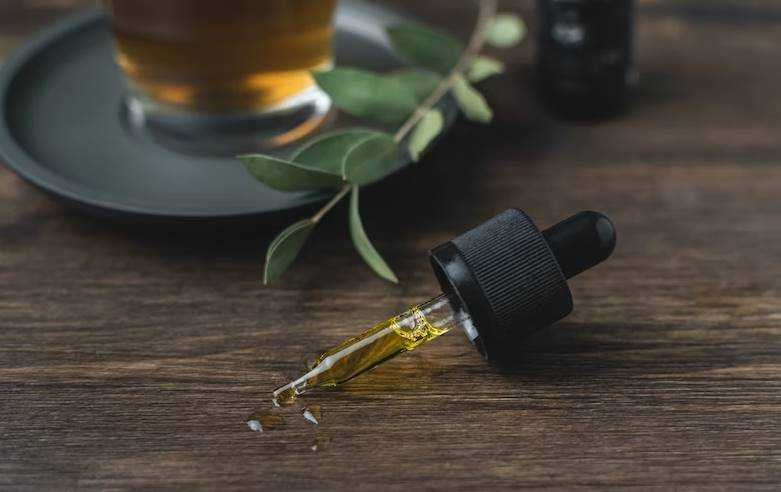Children are often at the forefront of a parent’s mind when it comes to exploring new health and wellness options. As CBD gains popularity for its therapeutic properties, you may be considering its potential benefits for your child. In this comprehensive guide, you will learn about CBD, its uses for children, safety considerations, and how to choose the right CBD products. By the end, you will have the insights you need to make informed decisions about incorporating CBD into your child’s healthcare regimen.
Key Takeaways:
- Understanding CBD: CBD is a non-intoxicating compound in Cannabis plants that interacts with the body’s endocannabinoid system, influencing functions like pain regulation, inflammation, and mood.
- Uses of CBD for Children: CBD may help in managing pain, reducing inflammation, improving mood, treating conditions like epilepsy and autism, aiding sleep, enhancing the immune system, and addressing behavioral issues such as ADHD.
- Safety and Risks: Important considerations include dosage adjustments based on individual factors, possible interactions with medications, monitoring for side effects like fatigue or changes in appetite, and consulting a pediatrician before usage.
Understanding CBD
What is CBD?
The use of CBD, short for cannabidiol, is gaining popularity due to its therapeutic properties found in cannabis plants. Unlike its counterpart THC, CBD is non-intoxicating and is believed to be safe for various uses. It interacts with the body’s endocannabinoid system, influencing functions like pain regulation, inflammation, and mood.
How does CBD work in the body?
One of the reasons why CBD is effective for various health conditions is its interaction with the endocannabinoid system. This system is responsible for regulating processes such as pain, inflammation, and mood. By influencing these functions, CBD can provide relief for children dealing with conditions like anxiety, pain, epilepsy, and more.
Plus, CBD has been found to have neuroprotective properties, potentially aiding in the treatment of neurological disorders like epilepsy and autism. This compound can also improve sleep, enhance the immune system, and address behavioral issues such as ADHD in children.
Uses of CBD for Children
Even as a parent, you may be considering CBD for your child to help manage pain and inflammation. CBD has shown potential in reducing pain and inflammation due to its interactions with the body’s endocannabinoid system. By incorporating CBD into your child’s healthcare routine, you may provide them with relief from discomfort and aches.
Managing pain and inflammation
For children dealing with conditions that cause pain and inflammation, CBD could offer a natural alternative to traditional medications. Consulting with a healthcare provider can help you determine the appropriate dosage and form of CBD for your child’s needs.
Improving mood and sleep is another area where CBD may benefit your child. Studies have suggested that CBD can have a calming effect, which may help children who struggle with anxiety, insomnia, or other mood-related issues. By incorporating CBD into their routine, you may notice improvements in their mood and ability to rest peacefully.

Improving mood and sleep
Any parent knows that a good night’s sleep is important for their child’s overall well-being. CBD may offer a natural solution to promote better sleep quality and regulate mood disturbances. By considering CBD as part of your child’s bedtime routine, you may witness positive changes in their sleep patterns and emotional well-being.
Inflammation is a common concern for children with conditions like arthritis or autoimmune disorders. CBD’s anti-inflammatory properties can help reduce inflammation in the body, potentially providing relief from discomfort and stiffness. By incorporating CBD into your child’s treatment plan, you may support their overall health and wellness.
Treating conditions like epilepsy and autism
Children with conditions like epilepsy and autism may benefit from the therapeutic effects of CBD. Research has shown that CBD can help reduce seizure frequency in children with epilepsy and improve behavioral symptoms in children with autism. Consider discussing CBD options with your child’s healthcare provider to explore the potential benefits for their specific condition.
Like epilepsy and autism, other neurological and developmental disorders in children may also see positive outcomes with the use of CBD. By understanding your child’s unique needs and consulting with healthcare professionals, you can make informed decisions about incorporating CBD into their treatment plan.
Safety and Risks of CBD for Children
All parents must consider safety and risks when exploring the use of CBD for their children. Dosage adjustments based on individual factors are crucial for ensuring the efficacy and safety of CBD. Factors such as weight, age, metabolism, and the specific condition being treated can impact the appropriate dosage of CBD for your child. It is imperative to start with a low dose and gradually increase it as needed while closely monitoring the effects.
Dosage considerations and individual factors
- Start with a low dose and adjust gradually based on your child’s needs
- Factors like weight, age, metabolism, and the specific condition can impact dosage
After consulting with a healthcare provider, you can determine the best dosage and schedule for your child, ensuring they receive the desired benefits while minimizing any potential risks.
Potential interactions with medications
For children already taking medications, it is imperative to be aware of potential interactions with CBD. Interactions with certain medications can affect their efficacy or lead to unwanted side effects. Consulting a healthcare provider is crucial to ensure the safe co-administration of CBD with other medications. Be sure to inform your child’s healthcare provider about any medications they are taking before incorporating CBD into their treatment plan.
Choosing the Right CBD Product
Quality of products and third-party testing
Unlike other products, the quality of CBD products can vary significantly. On one end of the spectrum, you have high-quality products that undergo rigorous testing by third-party laboratories to ensure purity and potency. These tests are crucial in verifying the product’s CBD content and ensuring it is free from contaminants like heavy metals, pesticides, and solvents. When identifying a CBD product for your child, look for brands that provide transparent information about their testing procedures and results.
Types of CBD products and ingredient scrutiny
On the market, you will find various types of CBD products, including oils, gummies, capsules, and topicals. Each type offers different dosing options and methods of consumption. When choosing a product for your child, it’s necessary to carefully examine the ingredients list to avoid potential allergens or additives that may not be suitable for your child’s needs. Perceiving the ingredients and understanding their purpose is key to selecting a product that aligns with your child’s health goals.
For instance, if your child prefers a discreet and convenient option, CBD capsules may be the way to go. On the other hand, if your child enjoys flavorful treats, CBD-infused gummies could be a more appealing choice. Regardless of the product type, always consider the quality of ingredients and the potential benefits they offer. By carefully selecting a suitable CBD product, you can ensure that your child receives the best possible support for their well-being.
Final Words
As a parent considering CBD for your child, it’s crucial to learn about the benefits and risks. While CBD may help with health issues in children, use it carefully. Talk to healthcare providers, monitor for side effects, and research reputable products. Remember, every child is different. Stay informed, proactive, and attentive to effectively navigate CBD for children. Prioritize your child’s well-being when using CBD as a health supplement.
FAQ
Q: Is CBD safe for children?
A: CBD is generally considered safe for children when used appropriately and under the guidance of a healthcare provider. It is important to start with a low dosage and monitor for any potential side effects.
Q: Can CBD interact with other medications my child is taking?
A: CBD may interact with certain medications, so it is important to consult with a healthcare provider before giving it to your child. They can help determine if there are any potential interactions and provide guidance on dosage adjustments.
Q: How do I choose a quality CBD product for my child?
A: When selecting a CBD product for your child, consider factors such as product quality, type (such as oils or gummies), third-party testing for purity, and consulting reputable sources for recommendations. It is vital to choose products that are safe and effective for your child’s specific needs.


























